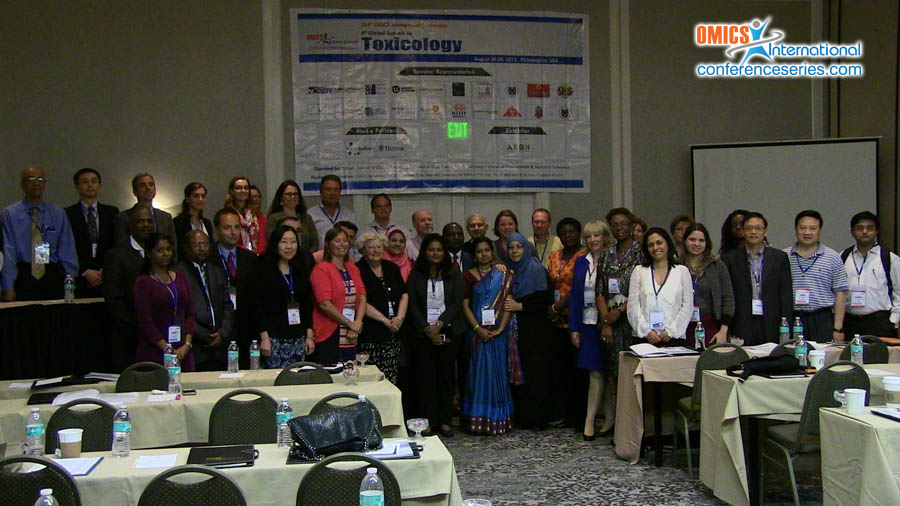
Shou-Lin Wang
Nanjing Medical University, P. R. China
Title: Environmental exposure to BDE47 is associated with the risk of diabetes: a community-based case-control study and an animal experiment
Biography
Biography: Shou-Lin Wang
Abstract
The study aims to illustrate the association of 2,2’4,4’-tetrabromodiphenyl ether (BDE47) with diabetes in a two-stage case-control study and animal experiment. All the participants received a questionnaire, health examination, and the detection of 7 PBDE congeners in serum. Then, male rats were exposed to BDE47 for 8 weeks to explore its effects on glucose homeostasis, and potential mechanisms using high-throughput genomic analysis. Detection rate of serum ∑PBDEs in cases was significantly higher than controls, which presented a higher risk in the 3rd tertile of ∑PBDEs, particularly in Study II (OR=2.32, ptrend=0.031). Among the 7 congeners, BDE47 showed significant high detection rate and concentration in cases in both two studies and their combination. Every tertile of BDE47 significantly increased the risk of diabetes, particularly in Study II (ptrend=0.006) and the combined study (ptrend=0.002). Animal experiments confirmed that BDE47 treatments induced hyperglycemia in male rats. Furthermore, gene microarray analysis showed that type 1 diabetes (T1D) pathways and three gene ontology (GO) terms involved in glucose transport were enriched. The study first demonstrated that environmental exposure to BDE47 might increase the risk of diabetes through activation of T1D pathways and upregulation of genes involved in glucose transport.





